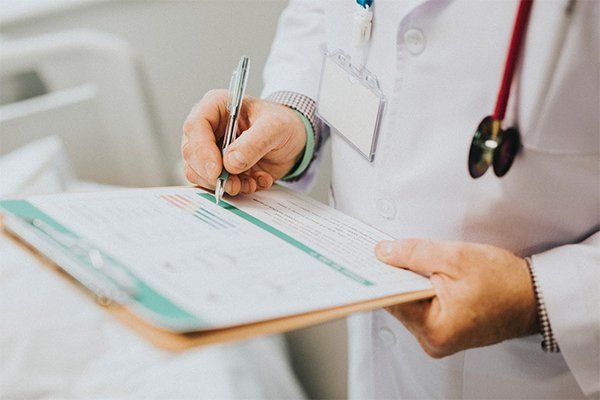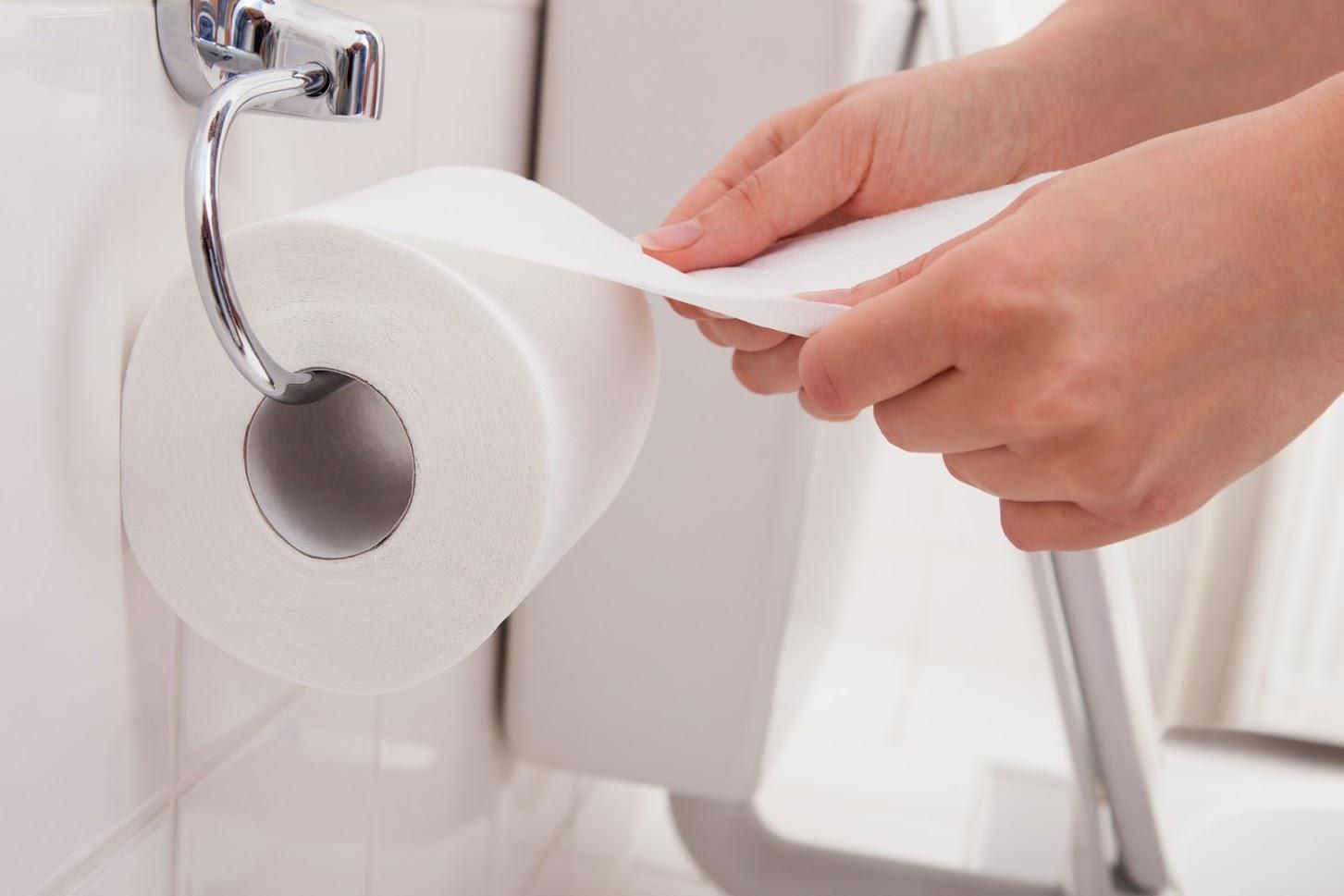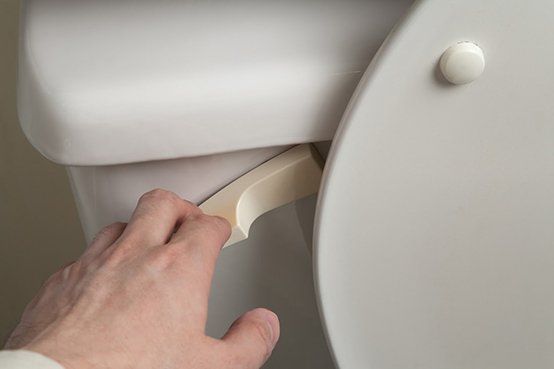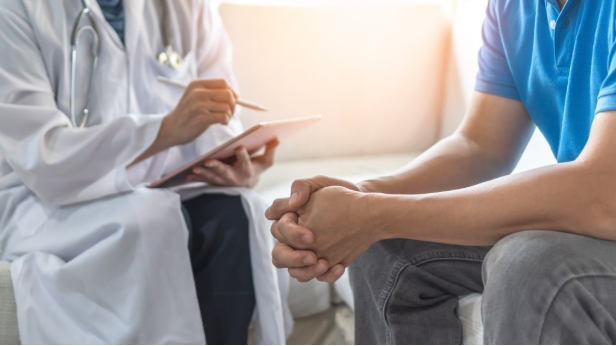Understanding Esophageal Stricture

Do you suffer from frequent heartburn and indigestion? Do you sometimes regurgitate food or liquids? Have you lost weight without trying? Do you have trouble swallowing when you are eating and sometimes feel as though food has gotten stuck in your chest? Are you increasingly fearful of eating?
If these symptoms describe you, you could have an esophageal stricture. Here is what you need to know about this potentially dangerous condition.
What Is an Esophageal Stricture?
The esophagus is the muscular tube, about 8 inches in length, which connects the throat to the stomach. An esophageal stricture occurs when the esophagus becomes narrower at a certain point or points. This narrowing leads to difficulty swallowing, eating, and drinking. It can also make a person more likely to choke. The stricture may become so severe it eventually causes a complete obstruction.
What Causes an Esophageal Stricture?
While a malignant, or cancerous, growth may be the cause of esophageal stricture, more often, an esophageal stricture is benign, or noncancerous. An esophageal stricture occurs when the esophagus is damaged and scar tissue results.
The most common cause of esophageal stricture is acid reflux, or gastroesophageal reflux disease (GERD.)
Near where the esophagus and stomach join, there is a bundle of muscles called the lower esophageal sphincter. This sphincter is a shutoff valve of sorts. When working properly, it opens for a second when you swallow and then closes again to keep food, liquids, and stomach acid from backing up into the esophagus.
When the lower esophageal sphincter doesn't work as it should, the acid from the stomach backs up and causes heartburn. The stomach can handle acid, but your esophagus cannot. Over time, repeated, chronic exposure to stomach acid will damage the esophagus, which causes the scar tissue that leads to the narrowing, or stricture.
Other causes of esophageal strictures include:
- Enlarged veins in the esophagus, which can burst and result in severe bleeding.
- Scar tissue caused by an endoscopy, the procedure doctors use to look at your digestive tract.
- Esophagitis, an immune disorder that causes chronic inflammation.
- Scleroderma, an autoimmune disorder that may affect the lining of the esophagus.
- Radiation therapy to the neck or chest.
- Tube feedings done via the nose.
- Accidental ingestion of a corrosive liquid, such as household cleaners.
- Esophageal cancer.
How Is an Esophageal Stricture Diagnosed?
An esophageal stricture is diagnosed via an upper gastrointestinal endoscopy or another diagnostic tool, such as a CT scan. Your doctor will order one of these tests if you present symptoms indicative of a stricture or GERD.
Occasionally, a stricture is found by a physician as a result of a trip to the emergency room when a mass of food becomes lodged in the lower esophagus, causing severe chest pain, drooling, gagging, and spitting up liquid. Doctors call this "steakhouse syndrome" as meat is the most common culprit.
If a doctor suspects you have this condition, they may have you drink a carbonated beverage to see if it will dislodge the food. Another option is a glucagon injection, which relaxes the esophagus. If these things do not work, they will perform an endoscopy and use tiny tools to manually remove the food or push it through.
How Is an Esophageal Stricture Treated?
An esophageal stricture is often treated with a dilation procedure. An endoscopy is performed with a special balloon that is inflated to gently stretch the esophagus, widening it again. A person may have to have this procedure done repeatedly.
In more severe cases, a stent, or tube, may be put in, or the doctor may recommend other surgical procedures. If a person has GERD, they may recommend lifestyle and dietary changes as well as prescribe medications to reduce stomach acid.
If you have trouble swallowing, have excess heartburn, or often get the sensation food is stuck in your throat, contact Kentuckiana Gastroenterology & Paramount Surgery Center today to schedule an appointment.

















